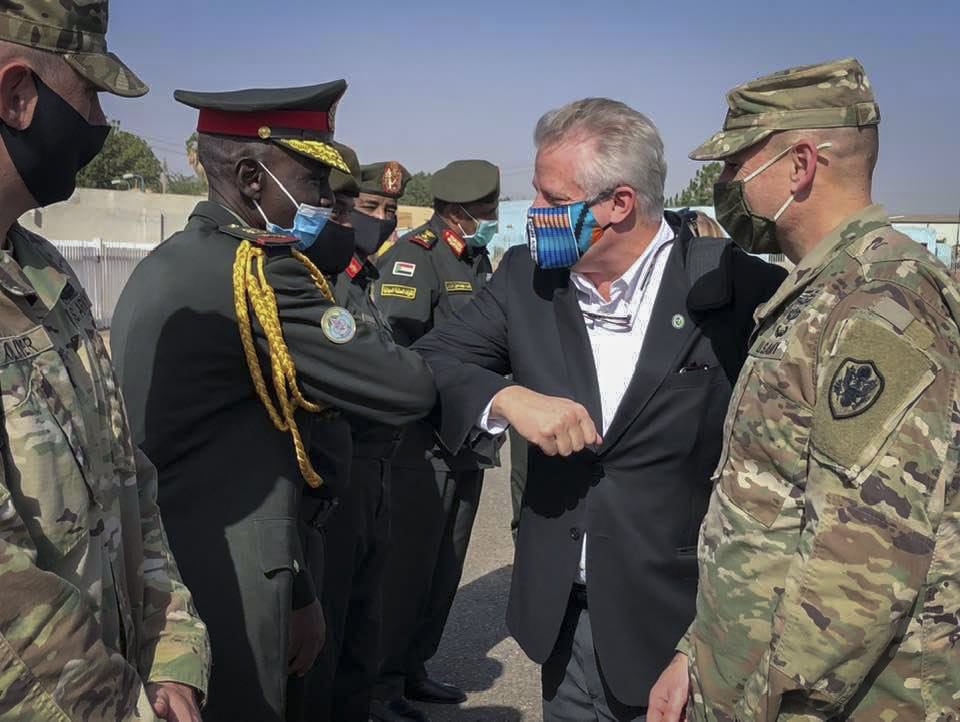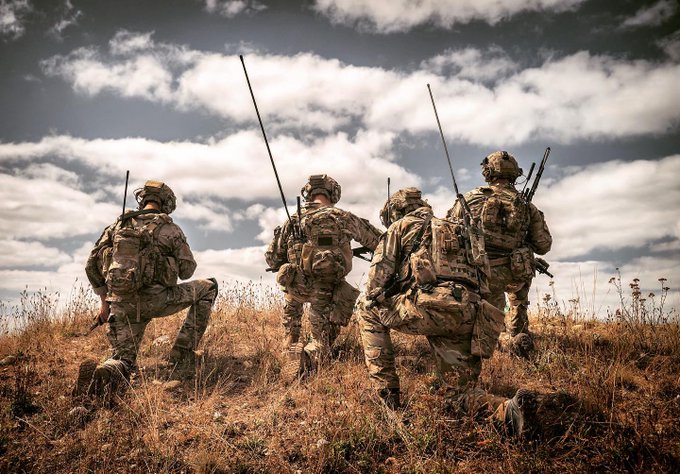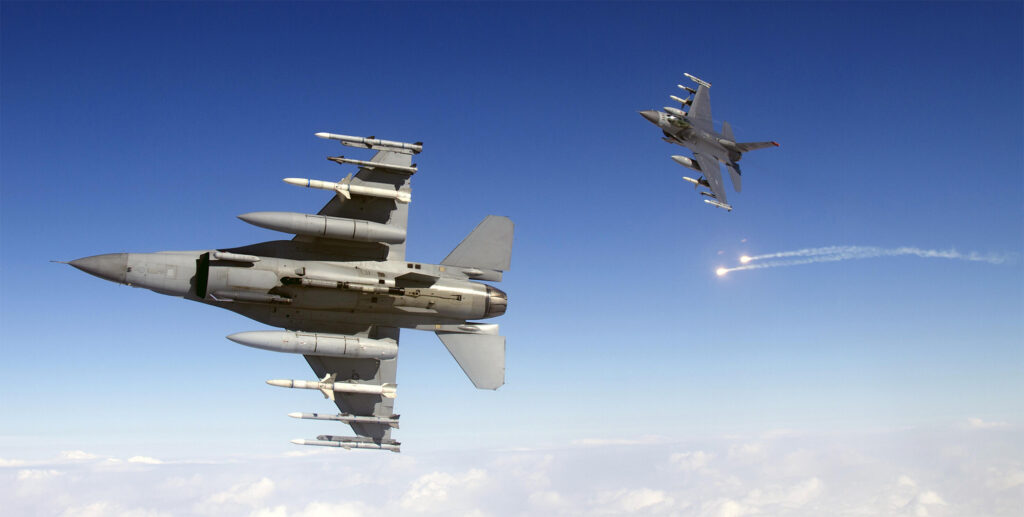In the past few weeks, senior US military and diplomatic leaders have traveled across Africa, giving an opportunity to appraise the state of the U.S. efforts on the continent.
During the last year, the number of troops in the US Africa Command’s (AFRICOM) area of operations has been decreasing following the Department of Defense’s decision to reposition US forces deployed overseas.
Here is a brief glimpse of what’s going on in different countries.
SUDAN

On January 27, Rear Admiral Heidi Berg, AFRICOM’s director of intelligence, and Ambassador Andrew Young, AFRICOM’s Deputy for Civil-Military Engagement, visited Sudan for a series of meetings with local government and military leaders. Their visit there comes in the wake of a rapprochement between the US and Sudan.
The African country has been ravaged by civil strife and instability for the past decades and has had a poor human rights record, which forced successive US governments to distance themselves from the African country.
“This is a new beginning and the start of a renewed relationship between the U.S. and Sudan. This is a journey we want to take together,” Ambassador Young said in a press release. “We want to deepen and broaden our relationship and pursue shared objectives.”
There is ample room for the US and Sudan to cooperate. There are several issues of mutual interest, such as terrorism, that could serve as bridge and enhance American-Sudanese relations.
Admiral Berg stated that “Partnerships are the key to long-lasting security and stability. Partnerships are also the most effective and long-lasting way to address shared challenges and keep countries safe. Events, where we learn from one another, will be an important foundation for our renewed relationship.”

Democratic Republic of Congo
Following that visit, Berg and Young visited the Democratic Republic of Congo (DRC), a strategically important country, both in terms of regional stability and natural resources.
The aim of the visit was to showcase the US’ support for the DRC’s commitment to normalize civil-military relations within the country and also discuss the US-Congolese security cooperation, which was recently re-established with the signing of a memorandum of understanding in October.
“The Privileged Partnership for Peace and Prosperity is an example of how we work together, how we set joint objectives and set steps to take together to foster a more stable, secure, and prosperous Democratic Republic of the Congo,” said Young. “With this foundation in place, the DRC can move toward professionalizing its military and contribute to wider peacekeeping operations, thus enhancing regional security while improving the quality of life for the Congolese people.”
EAST AFRICA
Army General Stephen Townsend, AFRICOM’s commander, also visited several countries in East Africa, including Somalia, Kenya, and Djibouti.
This region of the continent is plagued by terrorism, with the al-Shabaab group proving a tough nut to crack.
Our forces in East Africa are focused and recognize the threats we face. We remain ready to help our partners and able to respond to any threat to U.S. interests in the region,” said General Townsend. “Al-Shabaab is a brutal enemy and a dangerous threat to America and Africa,” said Townsend. “We continue to work closely with our partners to degrade al-Shabaab’s ability to conduct operations and spread violence. America’s and Africa’s security depends on it.”

Africa is important to US national security, especially in an era of Great Power Competition. China and Russia are pretty active in the continent, and the US can’t afford to abandon its African partners.

